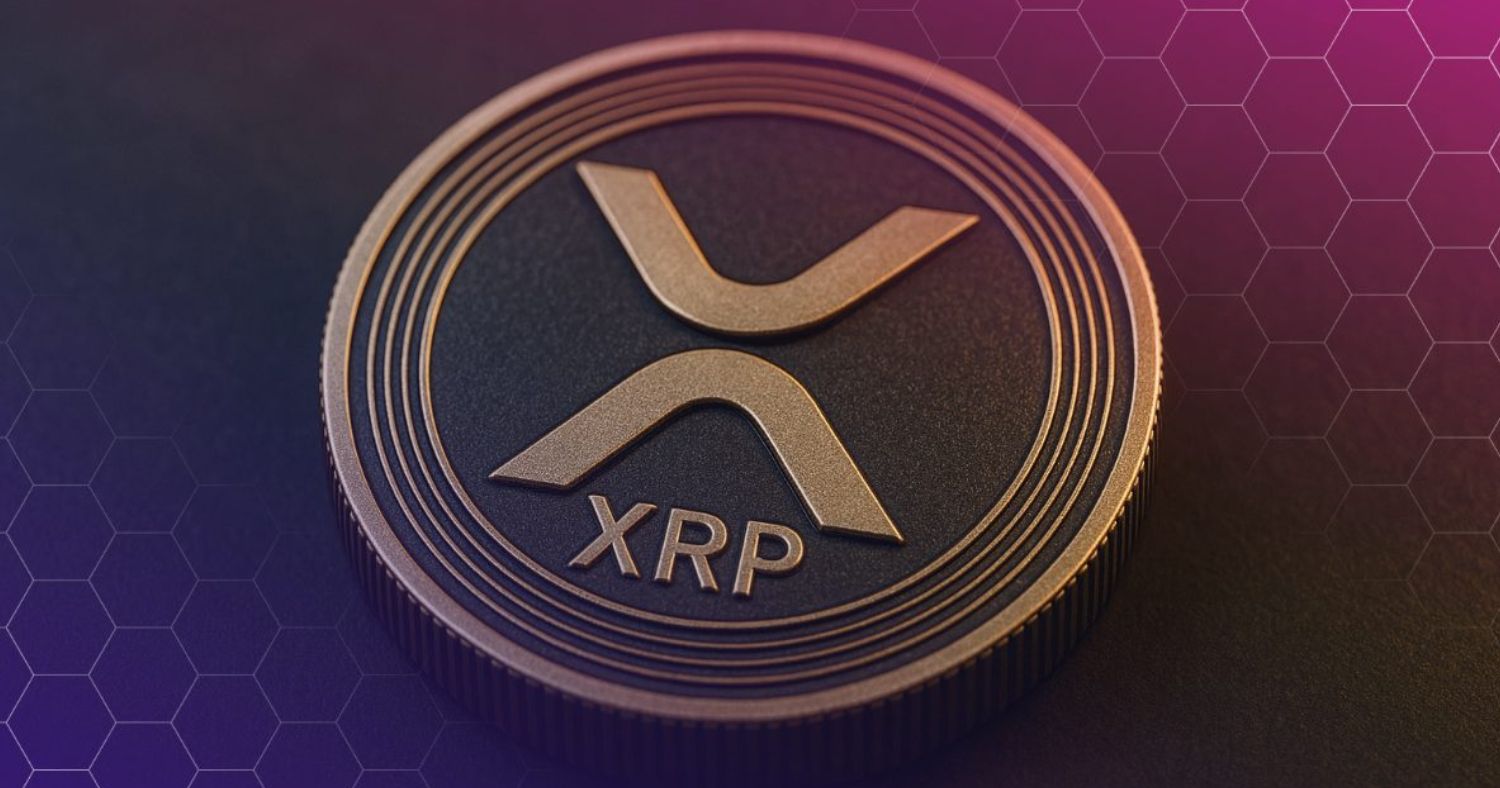In a surprising turn of events, Linqto, a platform that lets everyday investors buy into pre-IPO companies, has filed for Chapter 11 bankruptcy in the United States. Known for holding a significant 4.7 million shares in Ripple, the company behind the XRP cryptocurrency, Linqto’s financial troubles have raised eyebrows in the fintech and crypto communities. With a first hearing set for this week, let’s break down what’s happening, why it matters, and what it could mean for Ripple investors.
Linqto’s Bankruptcy Filing: The Basics
Linqto, based in the US, filed for bankruptcy in the Southern District of Texas on Monday. This type of filing, known as Chapter 11, allows a company to reorganize its debts while continuing to operate, often under court supervision. For Linqto, this move comes after months of controversy, including allegations of mishandling investor funds and violating securities laws.
What makes this case particularly interesting for crypto enthusiasts is Linqto’s hefty investment in Ripple. The company owns 4.7 million shares of Ripple, bought on the private market. While Ripple’s CEO, Brad Garlinghouse, recently clarified that Linqto is just a shareholder and has no direct business ties with Ripple, the value of these shares is still a hot topic. Based on secondary market data from platforms like Forge, these shares could be worth around $450 million at a price of $95.5 per share. However, some estimates suggest the total value of Linqto’s holdings across various companies might exceed $500 million.
Why Did Linqto Hit Rock Bottom?
Linqto’s troubles didn’t appear overnight. Reports from outlets like The Wall Street Journal highlighted potential issues as early as June 30, pointing to federal investigations into the company’s practices. Allegations include selling shares to ineligible investors and even claims that customers might not have owned the securities they believed they purchased. Adding fuel to the fire, Linqto reportedly shut down its platform on March 13, halting revenue operations.
There are also whispers of internal mismanagement. A new CEO, Dan Siciliano, described past business practices at Linqto as “disturbing,” far beyond minor regulatory slip-ups. On top of that, the US Securities and Exchange Commission (SEC) is investigating potential violations, and Ripple itself stopped approving Linqto’s purchases of its shares in late 2024. These red flags paint a picture of a company struggling to keep its head above water.
What Happens to Linqto’s Ripple Shares?
For crypto fans, the big question is: what happens to those 4.7 million Ripple shares? Right now, there’s no clear answer. The value of these shares fluctuates based on secondary market prices, and a reported $700 million tender offer from Ripple at $175 per share has paused trading of these shares, according to Phil Haslett of EquityZen. Before this tender offer, prices hovered between $70 and $75 per share, showing just how volatile private market investments can be.
Linqto’s bankruptcy filing doesn’t necessarily mean the shares will be sold off immediately. Chapter 11 often involves restructuring, which could include selling assets to pay creditors. However, court documents suggest Linqto lacks permission from issuers like Ripple to transfer these shares, adding another layer of complexity. For now, Linqto has confirmed that its Ripple holdings remain unchanged, despite online speculation.
Ripple’s Stance and Market Impact
Ripple has been quick to distance itself from Linqto’s woes. CEO Brad Garlinghouse emphasized via social media that Ripple has never had a business relationship with Linqto beyond them being a shareholder. This clarification might ease concerns among XRP holders, but it doesn’t erase the uncertainty surrounding Linqto’s next steps.
Understandably, there have been many questions from those who believed they were buying Ripple shares from Linqto, and what happens next. To be clear, on Ripple’s end:
— Brad Garlinghouse (@bgarlinghouse) July 2, 2025
What we know from our records is Linqto owns 4.7M shares of Ripple, solely purchased on the secondary market… https://t.co/XHstpwwmIL
Could this affect Ripple’s reputation or XRP’s price? It’s unlikely to have a direct impact on XRP, which currently trades at $2.42 with a 4.5% uptick, as per recent market data. However, any large-scale sale of Ripple shares during bankruptcy proceedings could influence secondary market dynamics, potentially affecting investor sentiment.
What’s Next for Linqto?
The first bankruptcy hearing is scheduled for Tuesday at 9:00 PM UTC, featuring key figures like chief restructuring officer Jeffrey Stein. The court will likely address how Linqto plans to reorganize and whether it can regain trust after shutting its platform and facing regulatory scrutiny. Meanwhile, lawsuits from former executives and ongoing investigations by the SEC and the Financial Industry Regulatory Authority (FINRA) add to the company’s challenges.
Why This Matters to Crypto and Fintech
Linqto’s story is a reminder of the risks in the fintech space, especially when dealing with private investments in high-profile companies like Ripple. For retail investors, platforms like Linqto promise access to exclusive opportunities, but this case shows how quickly things can go south if regulations aren’t followed. It also highlights the growing pains of blending traditional finance with crypto-related assets, a space still navigating murky legal waters.
As the bankruptcy process unfolds, the crypto community will be watching closely. Will Linqto recover, or will its Ripple shares change hands? Only time will tell, but one thing is clear: even in the fast-moving world of fintech, financial stability and compliance are non-negotiable.






